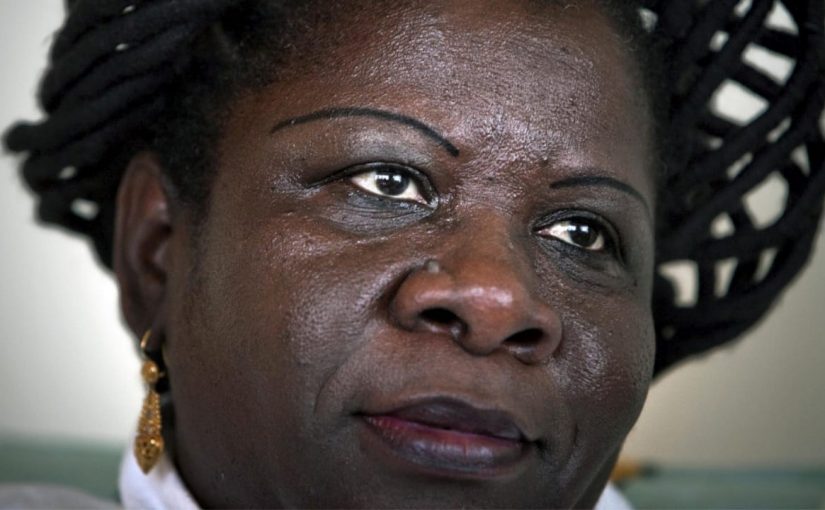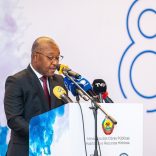Mozambique’s public debt falls to the equivalent of €14.5 billion in September
Mozambique: Re-start of IMF funding will have ‘exponential, multiplying impact’ – ex-PM

File photo: Social media
Former Mozambican prime minister Luísa Diogo told Lusa on Wednesday that the resumption of direct financial assistance from the International Monetary Fund (IMF) would have an “exponential and multiplier impact”, because it “lights a beacon” for other cooperation partners.
The IMF’s announcement this week that it will again grant loans to Mozambique “has an exponential and multiplier impact”, declared Luísa Diogo, who served as prime minister of Mozambique between 2004 and 2010, after having been minister of planning and finance from 1999 to 2005.
Luísa Diogo said that the IMF’s reputation will make countries, investors and international markets look on Mozambique as again trustworthy, after its credibility was shaken by the ‘hidden debts’ scandal.
“This signal is essential for Mozambique to reaffirm trust and gives the country the possibility to resurface at an international level, for it to be able to talk on equal terms in the financial markets,” the former minister emphasised.
Regarding the conditions imposed by the IMF for the release of financial assistance to the country, namely good governance, transparency and rigour in public accounts, the former prime minister considered them “normal” in relations with the institution, and that the objective was to “shield the deal”.
“These conditionalities always appear in the programs that the IMF makes with countries, and Mozambique will certainly have negotiated the best possible programs, ones that are feasible and acceptable from the point of view of implementation,” she emphasised.
The agreement with the IMF, Diogo continued, will also benefit the private sector, as the country’s business people now have a trump card in mobilising resources for the capitalization of their productive activities.
Luísa Diogo noted that the Mozambican authorities have adopted coherent and consistent macroeconomic management strategies in line with the path the country had been following before the ‘hidden debts’, but that it will have to undertake structural reforms aimed at more sustained economic growth.
An increase in revenue, through efficient tax reform and based on the expansion of the tax base, and the stimulus to production, were among the actions to be taken into account, she added.
The former prime minister believes that the return of financial assistance is a sign that the IMF and international partners have already understood that the case of hidden debts was a “stumble, a mishap” in the rigorous way the Mozambican state has managed public debt.
On Monday, the IMF announced that it had reached an agreement with Mozambique to implement an Expanded Financing Program until 2025, disbursing financial aid for the first time since the hidden debt scandal.
“The IMF team reached a technical agreement with the Mozambican authorities for a three-year program supported by a PFA in the amount of US$470 million [€428 million],” leader of the Fund’s team in Mozambique, Alvaro Piris, said.
“The government economic program supported by the PFA aims to enhance sustainability, inclusive growth and long-term macroeconomic stability,” Piris added, noting that the program is still subject to approval by the Fund’s board of directors, which usually takes place a few weeks after the announcement of the technical agreement.
This is the first time that the Fund has financed Mozambique since the disclosure of the so-called ‘hidden debts’ scandal in 2016, with only occasional financial aid recorded following specific disasters such as cyclones Kenneth and Idai in 2019 and the Covid-19 pandemic.












Leave a Reply
Be the First to Comment!
You must be logged in to post a comment.
You must be logged in to post a comment.